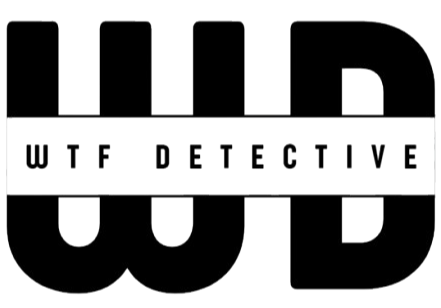Pam Bondi finds herself at the center of a mounting political and legal storm, after a former GOP strategist warned that the U.S. Attorney General could face multiple criminal charges over her handling of the Jeffrey Epstein files.
Rick Wilson, a longtime Republican operative turned outspoken anti-Trump critic, says Bondi is not merely near the controversy. In his view, she is the central figure in what he calls a slow-moving cover-up inside the Justice Department.
Wilson claims that Bondi and Trump-aligned official Todd Blanche have spent months insisting there is “nothing more to see,” no client list, and no reason to investigate further. But he argues that new documents and fresh allegations connected to Epstein have upended that stance.
He identifies Bondi as the DOJ official most publicly defending the agency’s handling of the case, a position he describes as increasingly precarious. Wilson cited statements attributed to Epstein, including that Trump “knew about the girls,” spent hours with a victim, and was “dirty.” He added that one does not need to be a lawyer to recognize the “legal tripwires” involved.
Wilson’s sharpest warning centers on obstruction of justice. He argues that if DOJ leadership withheld, destroyed, or misrepresented Epstein-related records to protect Trump or other allies—especially in response to congressional demands or court orders—it could clearly qualify as obstruction. He noted that top officials “have to be lucky every time… we only have to be lucky once.”
He also raised the prospect of a conspiracy, suggesting that any coordinated effort to mislead Congress or the public about the contents of the Epstein files could point directly at Bondi. Wilson said that using “no client list” language while allegedly holding contradictory emails could fit a conspiracy theory involving interference with lawful government functions.
Wilson warns that Bondi could face more immediate legal risk as House Republicans push toward binding legislation and subpoenas. Continued slow-walking or stonewalling, he says, could expose Bondi and Blanche to potential contempt of Congress findings and, eventually, criminal referrals under a future Justice Department.
Even absent criminal charges, Wilson argues that Bondi’s professional reputation could suffer significant damage. He said bar regulators scrutinize lawyers who “play cute with evidence,” mislead officials, or use excessive redactions to shield politically sensitive information. Additional letters from lawmakers documenting shifting DOJ explanations could further harm the lawyers involved, he added.
Wilson acknowledged that “no court has found Bondi or Blanche criminally liable.” Still, he insists that the current Justice Department, which he calls “corrupt,” is unlikely to investigate its own top officials.
He concluded with a pointed reminder that the situation has already escalated. Senior members of Congress have accused DOJ officials in writing of participating in a cover-up of Epstein co-conspirators and evidence. Wilson argues that newly released emails only reinforce those accusations.
Bondi has not publicly responded to Wilson’s claims, but political and legal pressure surrounding her role in the Epstein files controversy continues to intensify.



